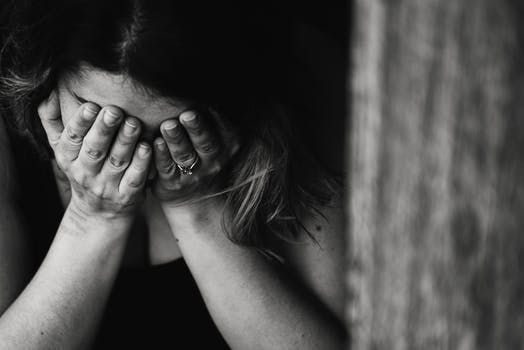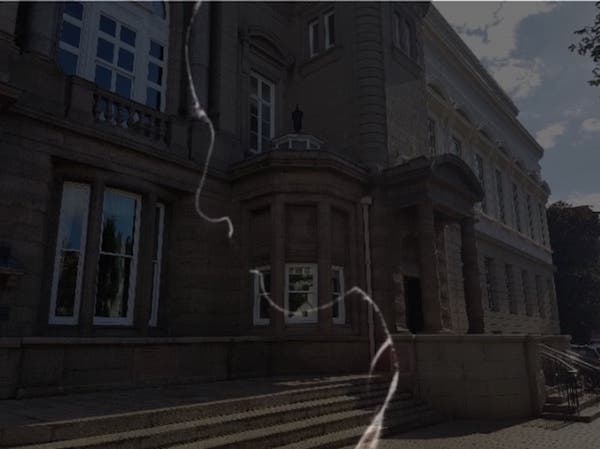

Rapes occur in between strangers in dark alleys, involve a struggle and are usually provoked by how much people drink and how they dress – these are just a few of the myths legal officials are working hard to dispel in a bid to resolve Jersey’s “disappointing” sexual offence conviction rates.
Following extensive research, the Law Officers' Department has built a list of the most common misconceptions - including the involvement of drink, drugs, alleyways, fights and even 'revenge' accusations - and explained why they're usually incorrect.
They shared those with Express, after it was revealed that of the nine trials relating to serious sexual offences held last year, nearly half were rape acquittals, while just one person was found guilty of the charge.
Branded “disappointing” in the Law Officers’ Department Annual Report 2017, the latest statistics followed a trend of low rape conviction rates in Jersey, particularly after trials.

Pictured: Nine trials were held last year in relation to sexual offences - of those, four were rape acquittals.
Many, including charity Jersey Action Against Rape (JAAR), have suggested that this could be linked with “misconceptions” surrounding the act of rape held by members of the public forming juries. Those beliefs often involve stating that the victim is somehow ‘responsible’ for the act, either through how they have dressed or by consuming alcohol or drugs.
But the department says they’re now working with the States of Jersey Police to dispel those “myths and stereotypes” and place the emphasis on the alleged offender.
“They have to ask, ‘Why did they choose that victim?’ They chose her because she was drunk and going to rape her. It’s not a fumble at the end of the night,” DCI Alison Fossey said, explaining some of the lessons learned in a recent four-hour training session on the “psychology of rape” delivered by Crown Prosecutors to around 50 lawyers and Police officials.
“Some people think rape is a crime of passion, not control… They say if there’s no scream it can’t be rape. It’s the job of the Police and Prosecution to dispel these myths. Quite often victims won’t fight or scream, they can actually freeze. It’s about trying to build a case with these myths in mind.”

Pictured: DCI Alison Fossey said that people need to understand that rape is never a crime of passion.
“The focus needs to be on the behaviour of a suspect giving rise to an allegation of sexual assault or rape. For example, why did the suspect choose a victim who was drunk or incapable of looking after themselves? Why did that person get taken from a place of safety, such as a bar with his or her friends, to the suspect's flat? Did the suspect select the complainant because he or she was vulnerable or for some other reason?” a spokesperson for the Law Officer’s Department said.
The Force will be continuing to work with the Law Officers' Department, as well as JAAR, the Sexual Assault Referral Centre (SARC) and UK sexualised trauma specialist Zoe Lodrick.
But it’s not just about changing the attitudes of legal officials and prosecutors, the key is changing the attitudes of the public – those who could end up forming part of the jury in future serious sexual offence cases.
A poll published by Amnesty international found that around one in 12 people believed a woman to be totally responsible for being raped if she’d had many sexual partners, while more than a quarter of the public believe drunk victims of rape and sexual assault are at least partly responsible for what has happened to them.
These were just two pieces of research considered by the Law Officer’s Department alongside important studies by international universities and judiciaries when they put together a list of the most common “myths”, which they shared with Express (below).
That myth-busting will be complimented, they hope, by Jersey’s new Sexual Offences Law. A spokesperson described it as a step towards achieving better protection for victims and a chance of a fairer trial due to its clear definition of ‘consent’ – something Jersey didn’t previously have.
“The new law provides that a person does not consent to an act if they are asleep, unconscious or incapable of consent through alcohol. Consent may be taken back at any time. And to establish a 'reasonable belief' in consent a defendant will have to take steps to ascertain whether the other person truly consented to the act. Some of these changes themselves will help dispel some of the myths,” they said.
Rape occurs between strangers in dark alleys
People provoke rape by the way they dress or act
People who drink alcohol or use drugs are asking to be raped
Rape is a crime of passion
If she didn't scream, fight or get injured, it wasn't rape
You can tell if she's 'really' been raped by how she acts
Women cry rape when they regret having sex or want revenge
Comments
Comments on this story express the views of the commentator only, not Bailiwick Publishing. We are unable to guarantee the accuracy of any of those comments.